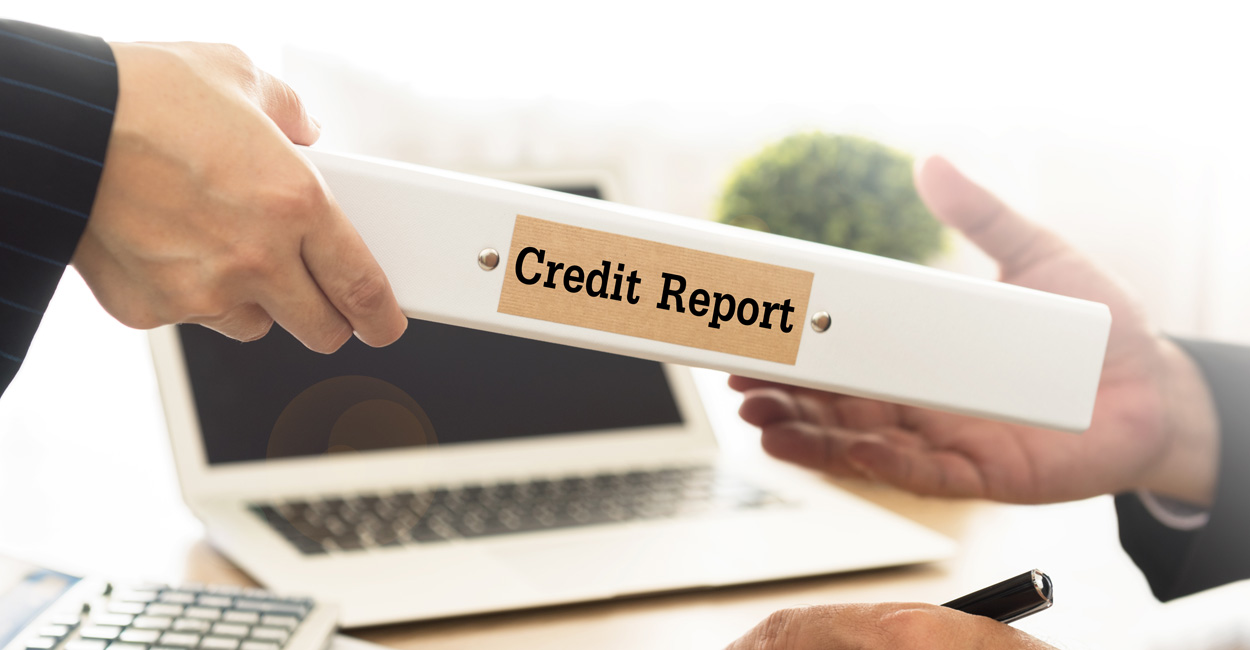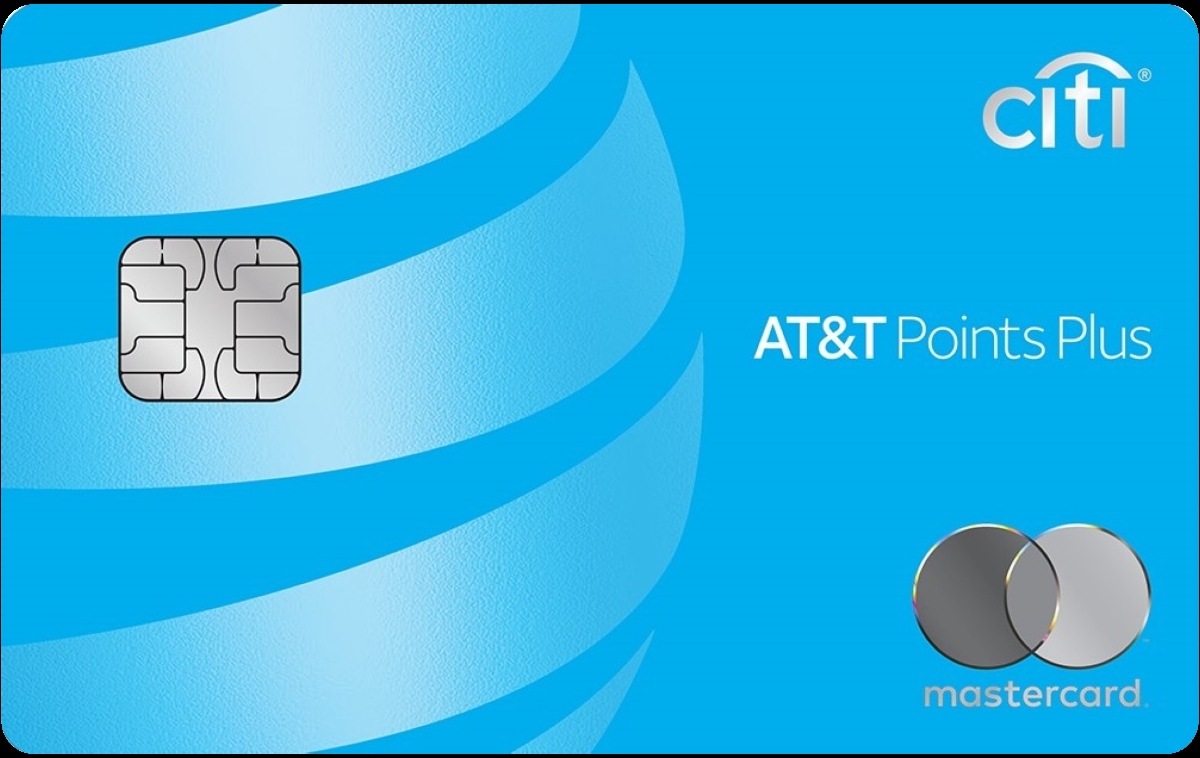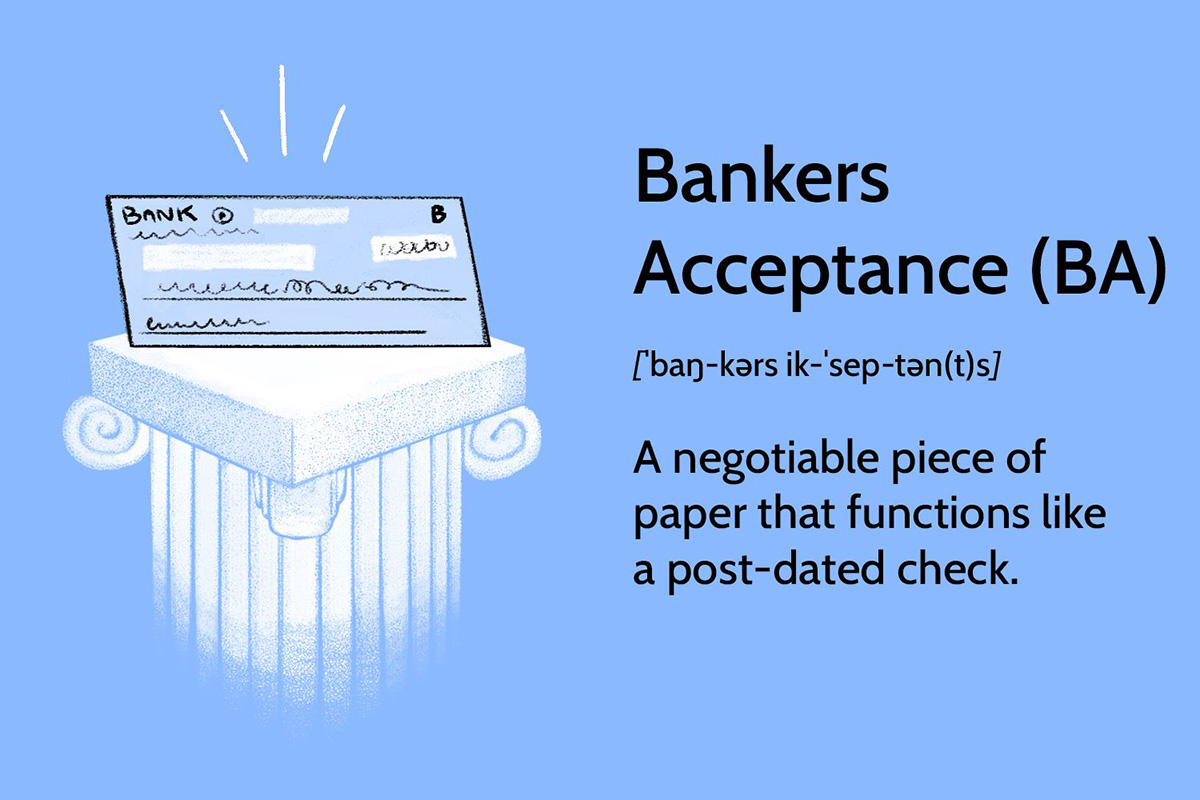

Finance
What Credit Bureau Does Klarna Use
Published: March 3, 2024
Find out which credit bureau Klarna uses to check your credit score. Learn how Klarna's credit check may impact your finances and credit score. Discover more about Klarna's credit policies.
(Many of the links in this article redirect to a specific reviewed product. Your purchase of these products through affiliate links helps to generate commission for LiveWell, at no extra cost. Learn more)
Table of Contents
**
Introduction
**
Klarna, a leading global payment and shopping service, has gained widespread popularity for its innovative "buy now, pay later" solutions and seamless online shopping experience. This Swedish fintech giant has revolutionized the way consumers make purchases by offering flexible payment options and a user-friendly interface. As a result, many individuals and businesses have turned to Klarna for their financial needs, including making online purchases and managing their cash flow.
In this article, we will delve into an essential aspect of Klarna's operations: the credit bureaus it utilizes to assess the creditworthiness of its users. Understanding the credit bureaus employed by Klarna is crucial for individuals seeking to use its services, as it provides insights into the factors considered during the credit evaluation process. By shedding light on this topic, we aim to empower consumers with the knowledge they need to make informed decisions when engaging with Klarna.
Let's explore the credit bureaus used by Klarna and the factors that play a pivotal role in its credit assessment process. Understanding these elements can help individuals navigate their financial interactions with Klarna more effectively and responsibly.
What is Klarna?
Klarna is a renowned fintech company that has transformed the traditional payment and shopping experience. Founded in 2005 in Stockholm, Sweden, Klarna has emerged as a global leader in the buy now, pay later (BNPL) sector, offering a wide array of payment solutions to consumers and merchants. The company’s mission revolves around providing users with a smooth and hassle-free shopping experience, eliminating the complexities associated with traditional payment methods.
One of Klarna’s flagship offerings is its "pay later" feature, which allows customers to make purchases and defer payment, either in installments or within a specified period after receiving the goods. This flexibility has resonated with consumers, especially online shoppers, as it provides them with greater control over their finances and the convenience of deferring immediate payments. Moreover, Klarna’s seamless integration with various e-commerce platforms and its user-friendly mobile app have contributed to its widespread adoption.
Furthermore, Klarna has expanded its services to include a digital wallet, enabling users to store their payment information securely and expedite the checkout process across different online stores. The company’s commitment to enhancing the overall shopping journey, coupled with its emphasis on transparency and consumer protection, has solidified its position as a preferred payment partner for millions of individuals and businesses worldwide.
By leveraging cutting-edge technology and data-driven insights, Klarna continues to refine its offerings and introduce innovative solutions that cater to the evolving needs of modern consumers. Whether it’s splitting payments, accessing personalized deals, or tracking deliveries, Klarna strives to empower users with financial flexibility and convenience, ultimately redefining the way people engage in online and in-store transactions.
Credit Bureaus Used by Klarna
When individuals apply for Klarna’s services, such as "buy now, pay later" options or financing for purchases, Klarna assesses their creditworthiness by obtaining information from several credit bureaus. These bureaus play a crucial role in evaluating an individual’s financial history and determining their eligibility for Klarna’s offerings. While the specific credit bureaus utilized by Klarna may vary based on factors such as the applicant’s location and the type of service being accessed, some of the prominent bureaus that Klarna commonly engages with include:
- Experian: As one of the major credit bureaus globally, Experian provides comprehensive credit reports and scores, offering insights into an individual’s borrowing and repayment activities, as well as their overall creditworthiness. Klarna may leverage Experian’s data to assess an applicant’s financial behavior and make informed credit decisions.
- Equifax: Another prominent player in the credit reporting industry, Equifax furnishes detailed credit information, including payment history, credit utilization, and public records. Klarna may rely on Equifax’s data to gain a comprehensive understanding of an individual’s credit profile and assess their suitability for Klarna’s services.
- TransUnion: With its extensive database and analytical tools, TransUnion offers valuable insights into an individual’s credit history, enabling Klarna to evaluate their creditworthiness and make well-informed lending decisions. By accessing TransUnion’s reports, Klarna can gain a holistic view of an applicant’s financial behavior and credit standing.
It’s important to note that Klarna’s utilization of multiple credit bureaus underscores its commitment to conducting thorough and fair assessments, ensuring that individuals are evaluated based on a comprehensive analysis of their credit information. By leveraging data from these reputable bureaus, Klarna aims to uphold responsible lending practices and provide tailored financial solutions that align with the needs and capabilities of its users.
While the specific credit bureaus used by Klarna may evolve over time, the company’s emphasis on leveraging credible and diverse sources of credit data underscores its dedication to fostering financial inclusion and empowering individuals with accessible and transparent financial services.
Factors Considered by Klarna
When evaluating an individual’s creditworthiness and determining their eligibility for Klarna’s services, the company takes various factors into account to make informed lending decisions. Understanding these key considerations can provide applicants with valuable insights into the aspects that may influence Klarna’s credit assessment process. Some of the essential factors considered by Klarna include:
- Credit History: Klarna assesses an applicant’s credit history, including their borrowing and repayment patterns, to gauge their reliability in managing credit obligations. A robust credit history, characterized by timely payments and responsible credit utilization, can enhance an individual’s prospects of accessing Klarna’s services.
- Credit Scores: Klarna may evaluate an individual’s credit scores from the respective credit bureaus to ascertain their overall creditworthiness. Higher credit scores often reflect a strong credit profile and may increase the likelihood of approval for Klarna’s offerings.
- Debt-to-Income Ratio: The ratio of an individual’s monthly debt payments to their income is a critical metric considered by Klarna. A favorable debt-to-income ratio signals the ability to manage additional credit responsibly, potentially influencing the credit decision.
- Payment Behavior: Klarna may analyze an applicant’s payment behavior across various credit accounts to gauge their consistency in meeting financial obligations. Timely payments and a history of responsible financial conduct can positively impact the credit assessment.
- Credit Utilization: The utilization of available credit plays a role in Klarna’s evaluation process. Responsible credit utilization, where individuals use a modest portion of their available credit, reflects prudent financial management.
- Public Records: Klarna may consider public records, such as bankruptcies or liens, as part of its assessment to gain a comprehensive understanding of an individual’s financial standing.
By taking these factors into consideration, Klarna aims to conduct thorough and fair evaluations, ensuring that individuals are assessed based on a holistic analysis of their credit profile and financial behavior. This approach underscores Klarna’s commitment to responsible lending practices and its dedication to providing accessible and tailored financial solutions to a diverse range of consumers.
Ultimately, by understanding the factors that influence Klarna’s credit assessment process, individuals can proactively manage their financial habits and make informed decisions, potentially enhancing their eligibility for Klarna’s services and fostering a positive financial outlook.
Conclusion
As consumers increasingly turn to Klarna for flexible payment options and a seamless shopping experience, understanding the credit bureaus utilized by Klarna and the factors considered during its credit assessment process becomes paramount. By shedding light on these aspects, individuals can gain valuable insights into the mechanisms that underpin Klarna’s credit evaluations, empowering them to make informed financial decisions and manage their interactions with Klarna more effectively.
Klarna’s engagement with prominent credit bureaus such as Experian, Equifax, and TransUnion underscores its commitment to leveraging diverse and credible sources of credit data to conduct comprehensive assessments. This approach reflects Klarna’s dedication to fostering financial inclusion and ensuring that individuals are evaluated based on a thorough analysis of their credit information, ultimately contributing to responsible lending practices and consumer empowerment.
Furthermore, the factors considered by Klarna, including credit history, credit scores, debt-to-income ratio, payment behavior, credit utilization, and public records, collectively shape the company’s credit assessment process. By taking these elements into account, Klarna aims to make well-informed lending decisions that align with the financial capabilities and behaviors of its users, promoting responsible financial management and sustainable credit access.
Empowered with a deeper understanding of the credit bureaus used by Klarna and the pivotal factors influencing its credit assessments, individuals can proactively manage their financial habits, strive for a robust credit profile, and potentially enhance their eligibility for Klarna’s services. This knowledge equips consumers with the tools to navigate their financial journey with Klarna confidently and responsibly, fostering a positive and mutually beneficial relationship between users and the innovative fintech platform.
In conclusion, by demystifying the credit assessment process and highlighting the key considerations employed by Klarna, this insight aims to equip individuals with the knowledge needed to engage with Klarna’s offerings prudently and leverage its services to support their financial goals, ultimately contributing to a more informed and empowered consumer base.














